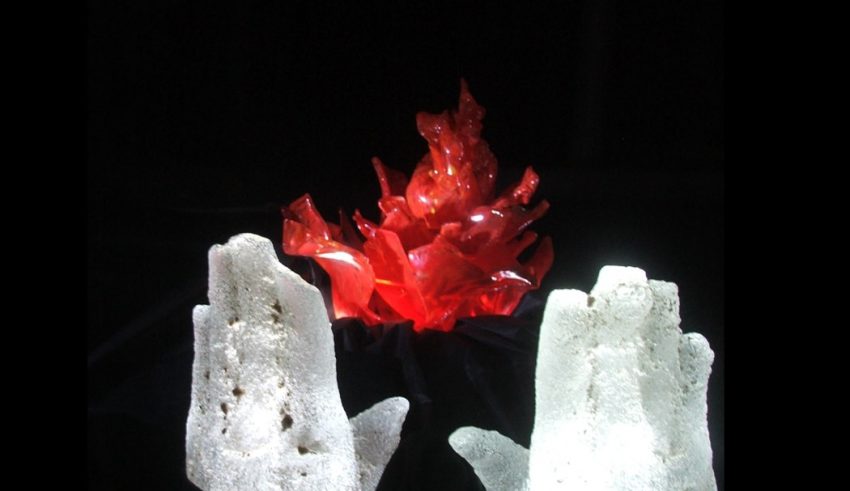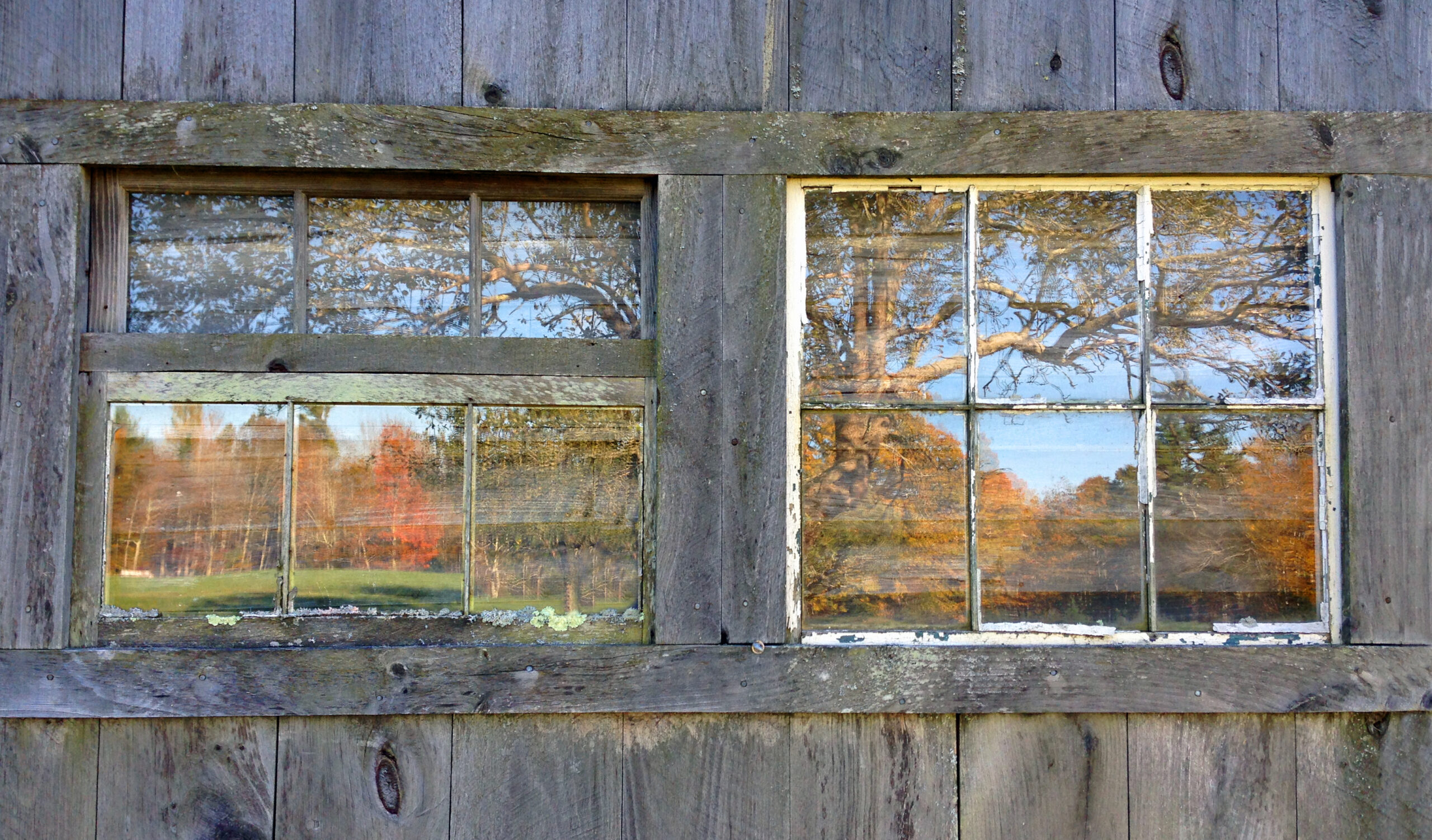
In essence, each part of a complex adaptive system “comes to the rescue” of all other parts, since the parts depend on one another for sustenance and survival. If this is the case among trees in a forest, then imagine how it operates in complex human organizations. “One for all and all for one” is the clarion call in a complex organization and in a complex forest. No single invasion from a newly appointed ambitious leader of vision will win the day. No intervention by a well-intended consultant will lead to sustained, long-term change. The Oak Tree and the Complex Organization both live for yet another day—and creative, emergent properties arrive unannounced and unanticipated from the self-organizing dynamics of the complex system. Fires burn brightly and in constantly shifting ways that sustain our attention and enthrallment. The spirit of animus might be found fully in operation and fully expressed in the fire and in the life of complex, adaptive systems—be they a forest primeval or an agile 21st Century organization.
Learning from the Fire
The fires that I set and that I tender are teaching me about organizational life and leadership. Its like the octopus teaching the diver in South Africa (as portrayed in the movie, My Octopus Teacher). We are not alone in the universe. In many ways, we are surrounded by “consciousness”. As conscious beings, we are being taught by many dynamic systems that in some ways seem themselves to be “conscious” (be they octopi or fires). There is “consciousness” throughout the universe—and it is critical that we learn from all complex, dynamic systems—for these systems have much more to offer us than do pendulums (which are the source of much greater study).
I believe that the fire can teach (just as the octopus can teach) because we have entered a new realm when sitting in front of and tending a fire. Just as the ocean water is a new transforming element for the protagonist in My Octopus Teacher. The warmth and glow of the fire creates a new, transforming environment which I can enter and in which I can learn. Why is this new environment transforming? I would turn to a phrase introduced many years ago by the ego psychologists. They identify a process that is highly adaptive for human beings. It is called “regression in the service of the ego.” In their use of this phrase, the ego psychologists have expanded (and transformed) our notion about the adaptive and maladaptive properties to be found in the psychodynamic processes of regression.
Many forms of regression are profoundly dysfunctional when they lead to more primitive states of being and functioning, to unconscious sources of energy, or to early states of our own being (childhood). They are divorced from reality and lead to rigid, maladaptive behavior. Other forms of regression, however, can be of great value (“in the service of the ego”) and are highly adaptive. In his psychoanalytically oriented study of art, Ernst Kris (1953, p. 60) puts it this way:
Inspiration—the “divine release from the ordinary ways of man,” a state of “creative madness” (Plato), in which the ego controls the primary process and puts it into its service—need be contrasted with the opposite, the psychotic condition, in which the ego is overwhelmed by the primary process.









